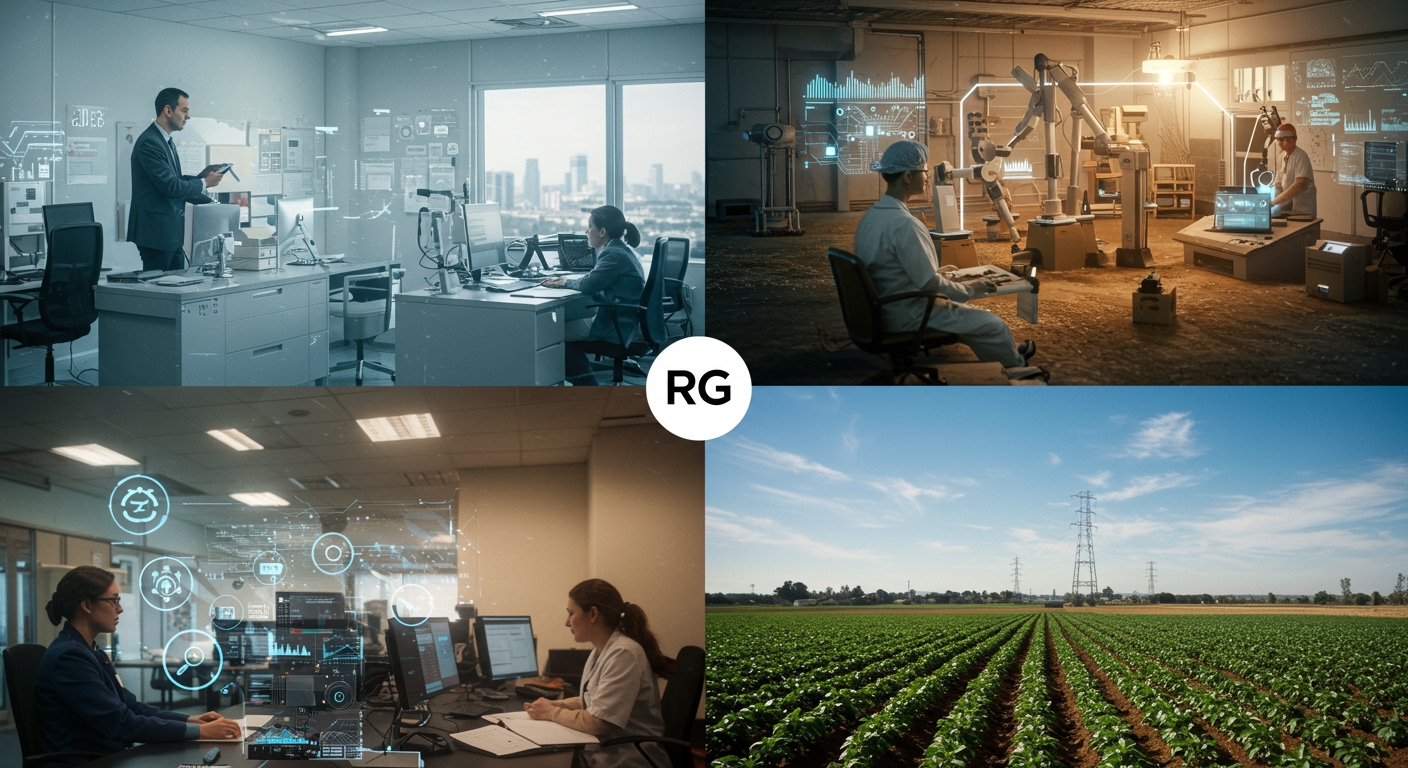The digital revolution is here, and at its forefront is Artificial Intelligence (AI). In South Africa, the landscape of employment is undergoing a significant transformation as we witness AI’s impact on South African jobs. This shift isn’t just about automation replacing human tasks; it’s a complex evolution that introduces both challenges and exciting new opportunities for the nation’s workforce, demanding a proactive approach to skill development and adaptation.
The Dual Nature of AI: Job Displacement vs. Creation
The rise of AI brings a dual challenge to the South African job market. On one hand, automation is streamlining processes in sectors like manufacturing, administrative support, and customer service, potentially leading to the displacement of jobs focused on repetitive tasks. Factories are becoming smarter, and algorithms are handling data analysis at unprecedented speeds.
However, this is only part of the story. AI also acts as a powerful catalyst for job creation. New roles are emerging in areas such as AI development, data science, machine learning engineering, ethical AI oversight, and AI-driven content creation. Furthermore, AI enhances roles requiring uniquely human skills like creativity, critical thinking, emotional intelligence, and complex problem-solving, making these skills even more valuable.
Reskilling and Upskilling for AI’s Impact on South African Jobs
To navigate the evolving job market, reskilling and upskilling are paramount. South Africa’s workforce needs to embrace continuous learning to remain competitive. Educational institutions, government initiatives, and private sector partnerships are crucial in providing accessible training programs in digital literacy, coding, data analytics, and AI fundamentals. This proactive approach ensures that individuals can adapt to new demands and seize emerging opportunities.
Industries Feeling the Shift
Almost every sector in South Africa is beginning to feel the transformative power of AI. In finance, AI-driven algorithms are enhancing fraud detection and personalized banking. Healthcare is seeing AI assist in diagnostics and patient management. Agriculture benefits from AI in precision farming and crop yield optimization. As AI technology advances, understanding the core components, such as AI chips, becomes crucial. You can learn more about cutting-edge developments in this area, like the Samsung Project Moohan AI Chip, which promises to revolutionize AI processing. These advancements highlight the broad reach of AI across diverse industries.

Embracing the Future of Work
The future of work in South Africa is undeniably intertwined with AI. While the changes are profound, they present a unique chance for growth and innovation. By embracing lifelong learning, fostering technological literacy, and strategically adapting, South Africa can harness the power of AI to build a more prosperous and skilled workforce. It’s not about fearing AI, but understanding and leveraging its potential to drive economic development and create a more dynamic and resilient job market for all.




